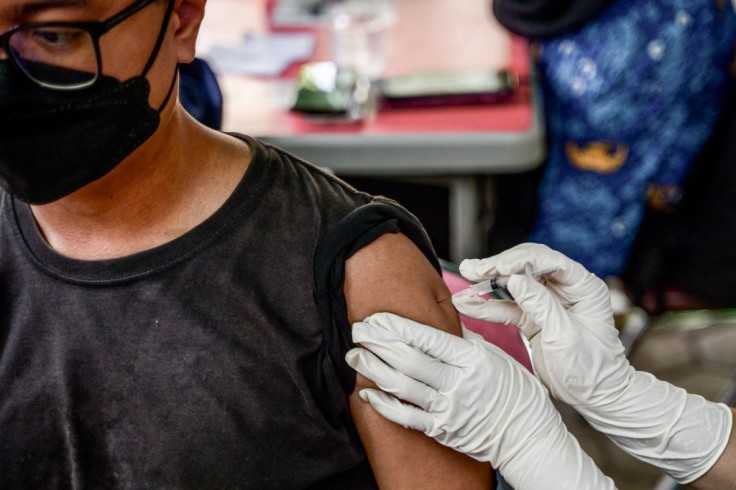
Recent studies signify that the HPV antibody is efficient in avoiding cancer in both men and women. However, fewer boys than girls are getting the antibody in the United States.
HPV Vaccine Credited for Lowering Cervical Cancer Rates
Originally cultivated to avoid cervical cancer in women, the HPV antibody, along with frequent screening, has been accepted with lessening cervical cancer rates.
Although proof of its efficiency in avoiding HPV-related cancers in men has gradually surfaced, new research displays that vaccinated men have decreased rates of cancers in the mouth and throat compared to their unvaccinated counterparts. These types of cancers happen more than twice as often in guys than in females.
The research involved comparing 3.4 million people of akin ages, split evenly between vaccinated and unvaccinated people, using a large healthcare dataset.
As anticipated, immunized females showed a lesser danger of developing cervical cancer within at least five years post-vaccination. Likewise, immunized men have shown a reduced danger of growing any HPV-related cancer, including cancers of the anus, penis, mouth, and throat.
While these cancers take years to progress and the numbers were comparatively small, there were 57 HPV-related cancers among unvaccinated men-mostly head and neck cancers-compared to 26 among immunized men.
Dr. Joseph Curry, a head and neck surgeon at the Sidney Kimmel Cancer Center in Philadelphia, noted that the greatest advantage of the antibody is anticipated in the next two to three decades. The research's discoveries represent early evidence of this impact.
The research outcomes, along with those of a second study, were issued by the American Society of Clinical Oncology and will be analyzed at their yearly meeting in Chicago next month.
The second research discloses that although HPV immunization rates are growing, boys are still lagging behind girls in getting the shots.
What Is HPV?
HPV, or human papillomavirus, is a typical sexually transmitted disease. While most HPV diseases have no symptoms and resolve without medication, some can result in cancer, leading to roughly 37,000 cases yearly in the U.S., according to the Centers for Disease Control and Prevention.
The HPV vaccine has been suggested for girls aged 11 or 12 since 2006, and for boys of the same age since 2011. Catch-up immunizations are advisable for anyone up to age 26 who has not been immunized.
The second research examined self- and parent-reported HPV immunization rates among preteens and young adults from a large government review.
Between 2011 and 2020, immunization rates for females rose from 38% to 49%, and for males from 8% to 36%.
Dr. Danh Nguyen from the University of Texas Southwestern Medical Center in Dallas noted that HPV antibody uptake among young men has risen more than fourfold over the past decade, yet immunization rates among young men still fall off behind those of females.
Jasmin Tiro of the University of Chicago Medicine Comprehensive Cancer Center, who was not involved in the research, highlighted that parents of both boys and girls should be familiar that the HPV antibody lessens cancer danger.
She also noted that young guys who haven't been immunized can still get the shots. "It's really important that teenagers get the vaccine before they're exposed to the virus," she said.